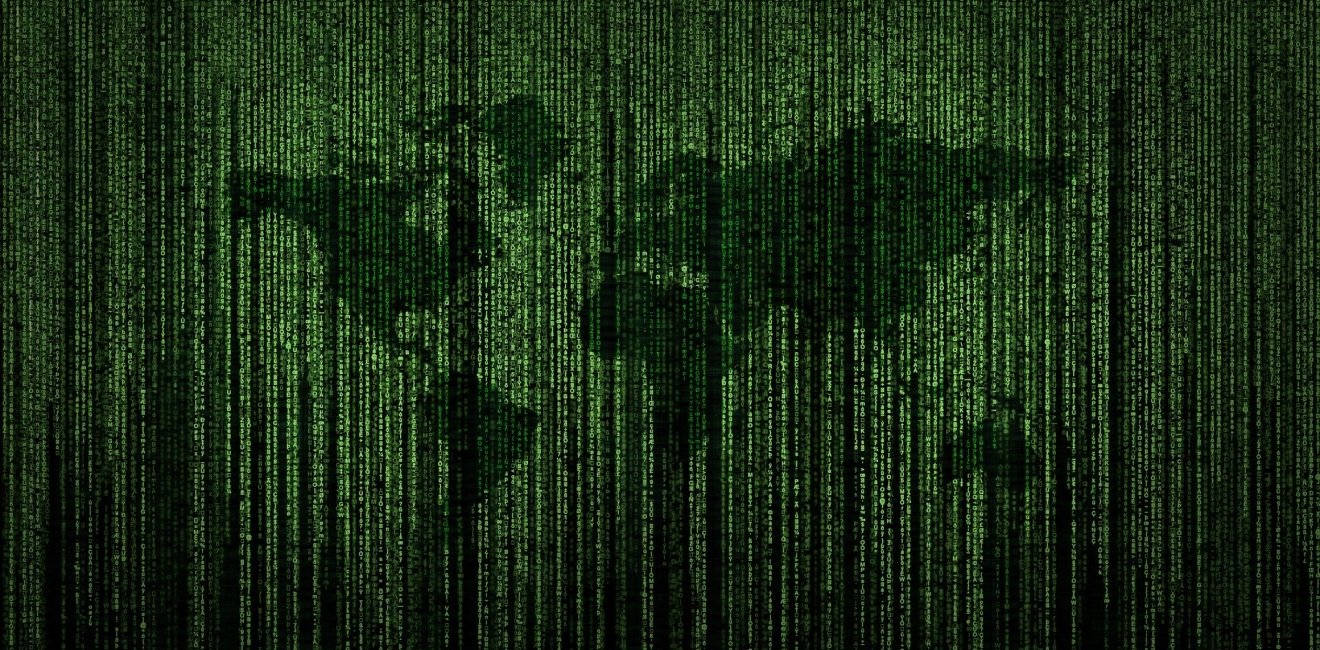Wilson Center Experts on How the World is Reacting to the 2020 Election
Wilson Center experts offer their analysis on how the world is reacting to the 2020 Election
Wilson Center experts offer their analysis on how the world is reacting to the 2020 Election

Duncan Wood, Vice President of New Initiatives and Director of the Mexico Institute:
"The ongoing electoral process in the United States has already seen an awkward situation emerge in the bilateral relationship with Mexico, as President Andres Manuel Lopez Obrador remains one of only a handful of foreign leaders to refuse to congratulate Biden. AMLO has stated that he wants to wait for the results to be official but he has been severely criticized by some national and international critics."
Monde Muyangwa, Director of the Africa Program:
"On a continent comprising 55 countries, there are many views about what a Biden administration means for Africa. However, there are some common themes, the most recurrent of which is hope. There is hope that a Biden administration would repair the damage done to U.S.-Africa relations, and work to restore and perhaps even elevate and energize U.S.-Africa relations; hope that a Biden administration will engage with the continent more respectfully; hope that a Biden administration will not view the continent primarily as a Chinese outpost; hope that a Biden administration will focus more on Africa's economic, security, and governance opportunities, and not just its challenges; hope that a Biden administration will work to restore the multilateralism (and with it, the United States' credibility) that has been torn asunder and which has huge implications for the continent, including on the climate and trade fronts; and there is hope that a Biden administration would acknowledge the United States own governance challenges but speak and act more boldly against an emerging class of African authoritarian leaders who threaten the continent’s democratic trajectory and its future."
Mike Sfraga, Director, Polar Institute & Director, Global Risk and Resilience Program:
"It is envisioned a Biden administration would advance the public narrative and policies focused on mitigating the impacts of climate change in the Arctic Region, recommit the United States to the full complement of Arctic Council efforts, moderate public rhetoric but remain vigilant regarding the expansion of Great Power Competition in the Arctic, and leverage the cooperative nature of the region to build back confidence in the Transatlantic alliance."
Anna Prusa, Slater Family Fellow & Senior Associate, Brazil Institute on Brazil:
"Biden’s victory will leave President Bolsonaro without an ideological ally in the White House, but there is still significant space for bilateral dialogue on trade, Venezuela, China, and other issues. Much will depend on how Bolsonaro responds to the shift, and in particular to the Biden Administration’s certain focus on deforestation and climate change."
Shihoko Goto, Deputy Director for Geoeconomics and Senior Associate for Northeast Asia, Asia Program:
"Four years ago, Japanese Prime Minister Shinzo Abe broke with protocol and became the first world leader to meet with Donald Trump even before he was officially sworn in. As Japan’s recently appointed prime minister, Yoshihide Suga will seek to build strong personal ties with President Biden. But Tokyo’s strategic objective will be to have the United States return as a committed Pacific power and a stabilizing force as the region faces greater challenges to the current order."
Jean H. Lee, Director, Hyundai Motor-Korea Foundation Center for Korean History and Public Policy:
"A Biden victory will be disappointing news for Kim Jong Un, who put so much hope and energy in his ‘special’ relationship with President Trump. A Biden win will force Kim to rethink his long-term nuclear strategy, given the prospect of an end to the era of ‘summit diplomacy’ with Trump. We will be watching to see what Kim does in the short term to try to steer negotiations in his favor, and whether he will set the stage for provocations - or for a return to diplomacy."
Katie Stallard-Blanchette, Global Fellow, on North Korea and China:
“If his victory is confirmed, Biden will inherit a more dangerous North Korea. During Trump’s four years in power, Kim has advanced his nuclear and missile programs and broken out of his diplomatic isolation, strengthening ties with China and Russia and securing three meetings with a sitting US president, a feat neither his father nor his grandfather achieved. Deteriorating US-China relations have also decreased the incentive for Beijing to continue maintaining maximum pressure on Pyongyang.”






